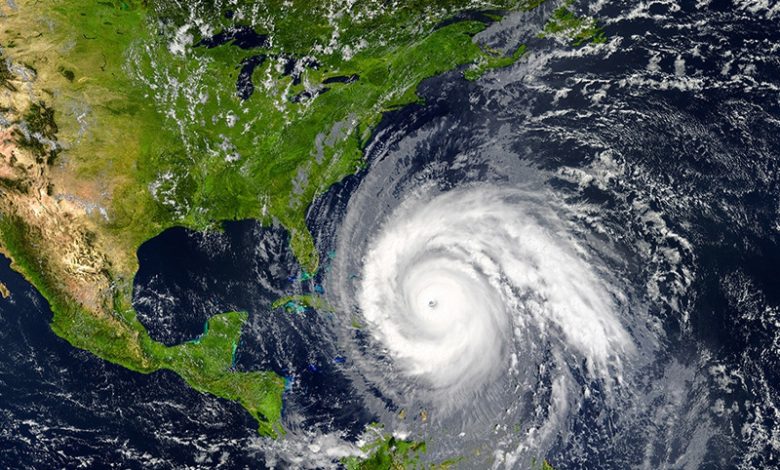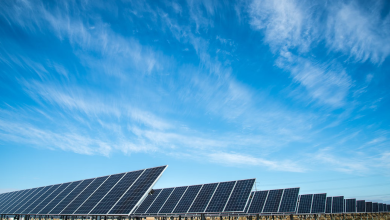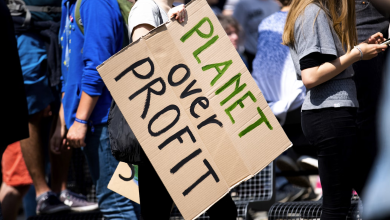
More research is required to determine whether human-caused climate change is also increasing the frequency of hurricanes, but scientists believe it is causing more powerful storms that intensify faster, carry more water, and produce larger storm surges.
What is Hurricane?
One of the most catastrophic natural disasters on Earth, hurricanes seriously harm both human life and infrastructure. Concern over the intensifying intensity and frequency of Atlantic hurricanes has grown in recent years.
Read More: A New Tale: Climate Change is Uprooting Innocence, Children!
Hurricanes are primarily fueled by higher ocean surface temperatures, which have increased significantly in recent years as the oceans have absorbed more than 90% of the excess warming caused by carbon pollution. According to a recent study that was published in the journal Scientific Reports, all Atlantic storms, from milder squalls to powerful hurricanes, are intensifying more quickly on average these days. According to author Andra Garner of Rowan University in the United States, “this work shows that the rates at which hurricanes strengthen and the frequency with which they transition from relatively weak storms into major hurricanes has increased significantly in just the last 50 years.” She stated that this occurred “over the same time when we see substantial increases to ocean surface temperatures due to human-caused warming.
“Garner examined three overlapping time periods (1970–1990, 1986–2005, and 2001–2020) that saw changes in wind speed for each Atlantic hurricane between 1970 and 2020.It discovered that, compared to the 1970s and 1980s, there may be a more than twofold increase in the likelihood of Atlantic hurricanes strengthening from a relatively weak Category 1 into a major Category 3 hurricane or stronger in a 24-hour period.
According to Garner, this poses special risks for coastal communities because it becomes harder to forecast storms that are intensifying more quickly. She pointed out that this kind of quick strengthening had occurred in four of the five most economically destructive Atlantic hurricanes that have occurred since 2017: Harvey, Ian, Maria, and Irma. Even though the study did not explicitly examine how hurricane intensity might increase in the future due to global warming, Garner stated that the results “should really serve as an urgent warning”.
“Without major changes in our behaviour, and a rapid transition away from fossil fuels in order to limit future ocean warming, this is a trend that I think we can expect to continue becoming more extreme,” Garner stated.According to the study, the Caribbean Sea and the US Atlantic coast had a higher probability of experiencing the strongest hurricanes, while the Gulf of Mexico had a lower probability. A buoy off the southernmost point of Florida recorded a peak temperature of 101.1 degrees Fahrenheit (38.4 degrees Celsius) in July of this year, potentially setting a new world record.Whether Mother Nature’s fury knows no bounds?
There is no doubt about the evidence: a dangerous trend of faster hurricane intensification in the Atlantic is being fueled by climate change. With the ongoing increase in sea surface temperatures, hurricanes will have an abundant supply of energy to intensify and accelerate. Because of the serious threat that these storms pose to coastal areas, we must act decisively to combat climate change.
Whether we attribute it to human activity or the wrath of Mother Nature, the innocent people caught in the path of these hurricanes that are getting stronger suffer the consequences. We must acknowledge the significance of tackling climate change and striving towards a sustainable future if we are to lessen this trend. The limits of Mother Nature’s wrath may be unknown, but there are unmistakable boundaries to our duty to safeguard the earth and its inhabitants.



